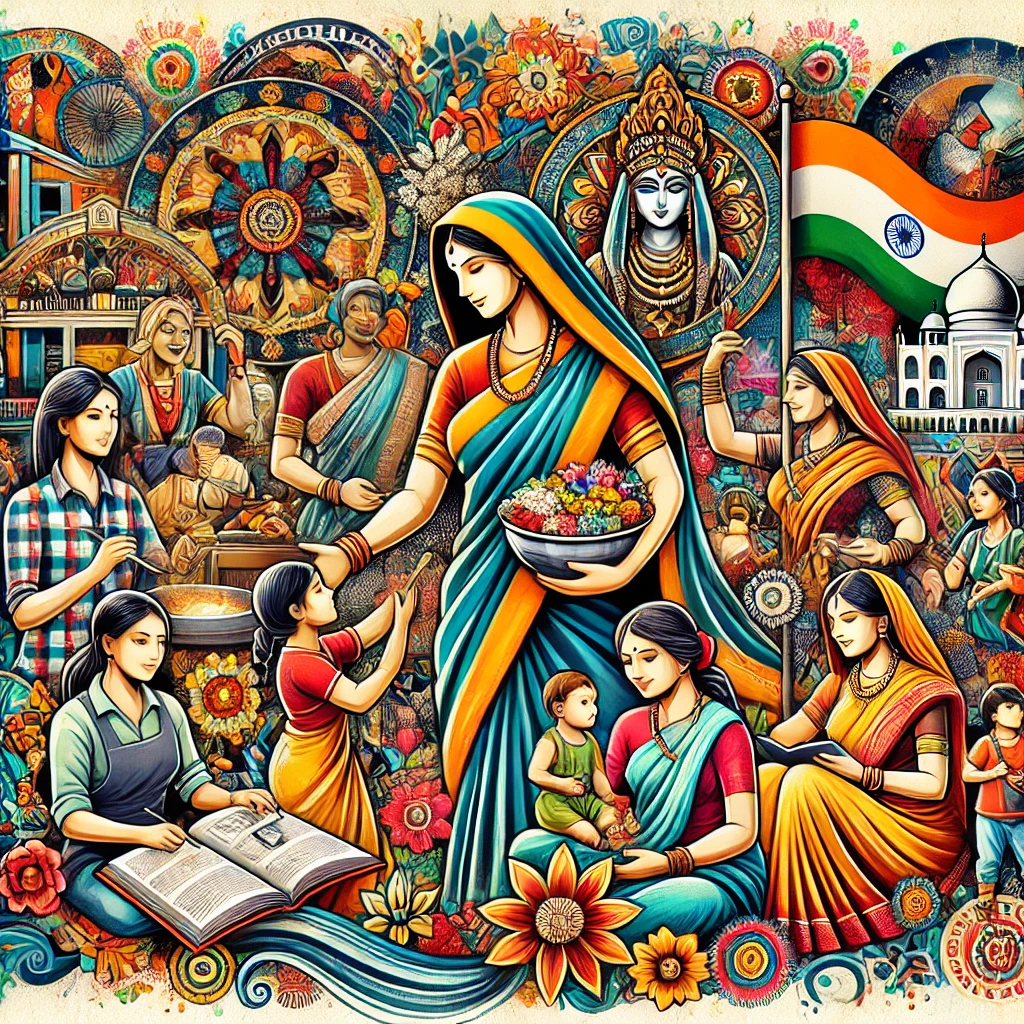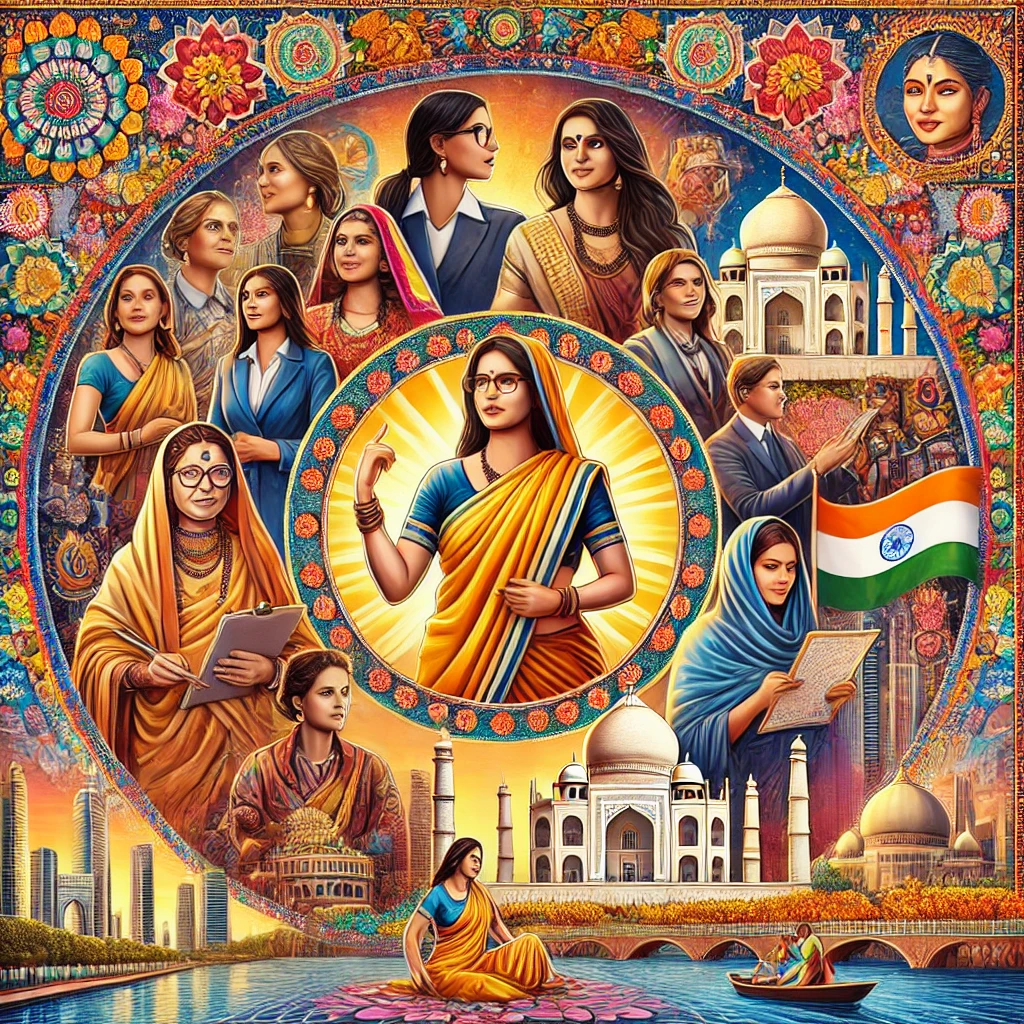Women have always been at the heart of societal and cultural evolution, shaping and being shaped by the world around them. In India, this interplay is particularly vivid, where women navigate between deeply rooted traditions and the push for modernity. Understanding this dynamic is crucial for fostering a more equitable society.
The Dual Role of Tradition and Progress
Indian culture celebrates women through rich traditions and rituals. From the nurturing role of a mother to the divinity of goddesses, women occupy a revered space in cultural narratives. Festivals like Karva Chauth and Raksha Bandhan underscore the importance of familial ties and societal responsibilities women often uphold.
Yet, the same traditions sometimes bind women to predefined roles, limiting their freedom and choices. Practices like dowry and patriarchal family structures highlight the constraints that cultural norms can impose. Recognizing these dualities is essential to understanding the challenges women face in modern society.

Women as Catalysts of Change
Indian women are increasingly challenging cultural norms, stepping into spaces once dominated by men. From rural entrepreneurs to urban professionals, their contributions are reshaping the economic and social fabric of the nation. Women like Kalpana Chawla, Mary Kom, and Sudha Murty inspire others to dream beyond traditional boundaries.
Education has been a key driver in this transformation. Initiatives like the Right to Education Act and scholarships for girls have enabled more women to access education, equipping them to break cycles of poverty and inequality. However, barriers such as early marriages and societal expectations continue to affect educational attainment for many girls, particularly in rural areas.
The Role of Media in Shaping Perceptions
Media plays a powerful role in influencing societal attitudes toward women. Bollywood, television, and digital platforms have a mixed impact: while they often reinforce stereotypes, they also provide a platform to highlight issues like gender violence, body positivity, and women’s empowerment. Campaigns like #SelfieWithDaughter and #MeToo have further amplified women’s voices, fostering awareness and change.
Intersectionality: A Broader Perspective
It’s essential to recognize that the experiences of Indian women are not homogenous. Factors like caste, religion, region, and economic status create diverse challenges and opportunities. For example, while urban women may face workplace discrimination, rural women may struggle with basic rights like healthcare and education. Addressing these disparities requires a nuanced and inclusive approach.
Building a Supportive Society
For true progress, society must actively support women’s aspirations. This involves creating safe spaces, implementing gender-sensitive policies, and encouraging conversations about equality. Men also have a critical role to play by challenging patriarchal norms and supporting women’s empowerment.
Grassroots organizations and NGOs continue to be instrumental in driving this change. From self-help groups to legal aid services, these organizations provide resources and support to women across different socio-economic backgrounds.
Conclusion
The journey of Indian women is one of resilience and transformation. By embracing cultural heritage while challenging regressive norms, women are scripting a new narrative for themselves and society. As we strive for a balanced and inclusive culture, it’s clear that empowering women benefits everyone, creating a stronger, more vibrant nation.











